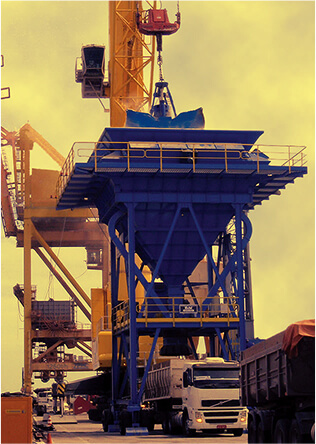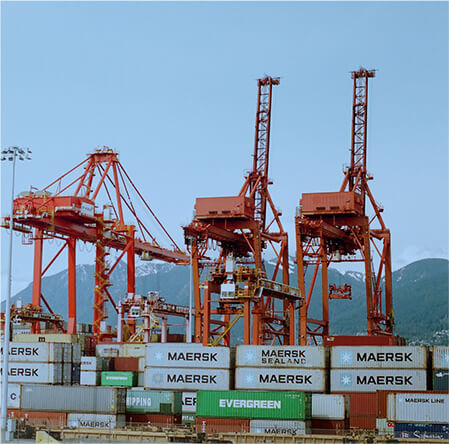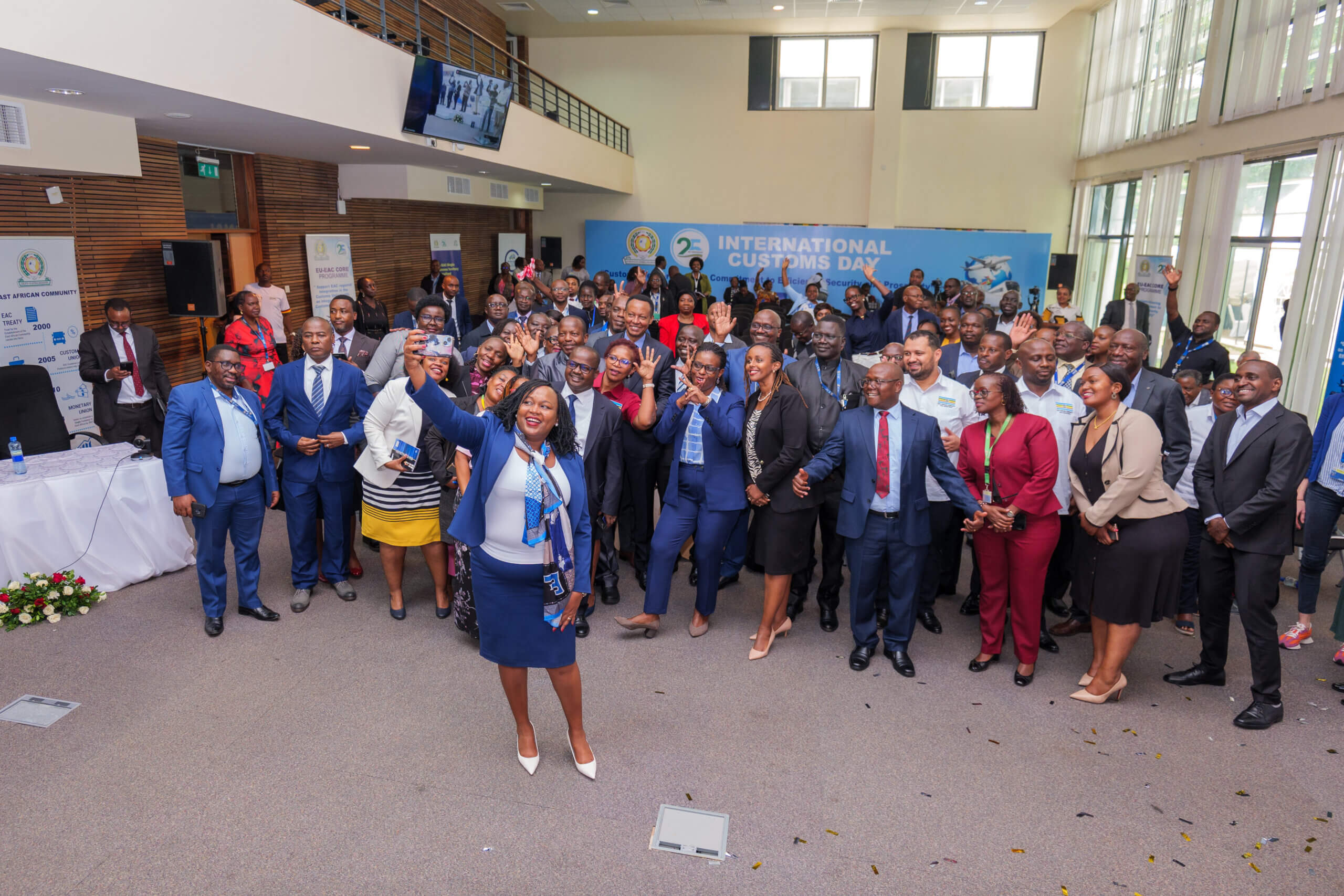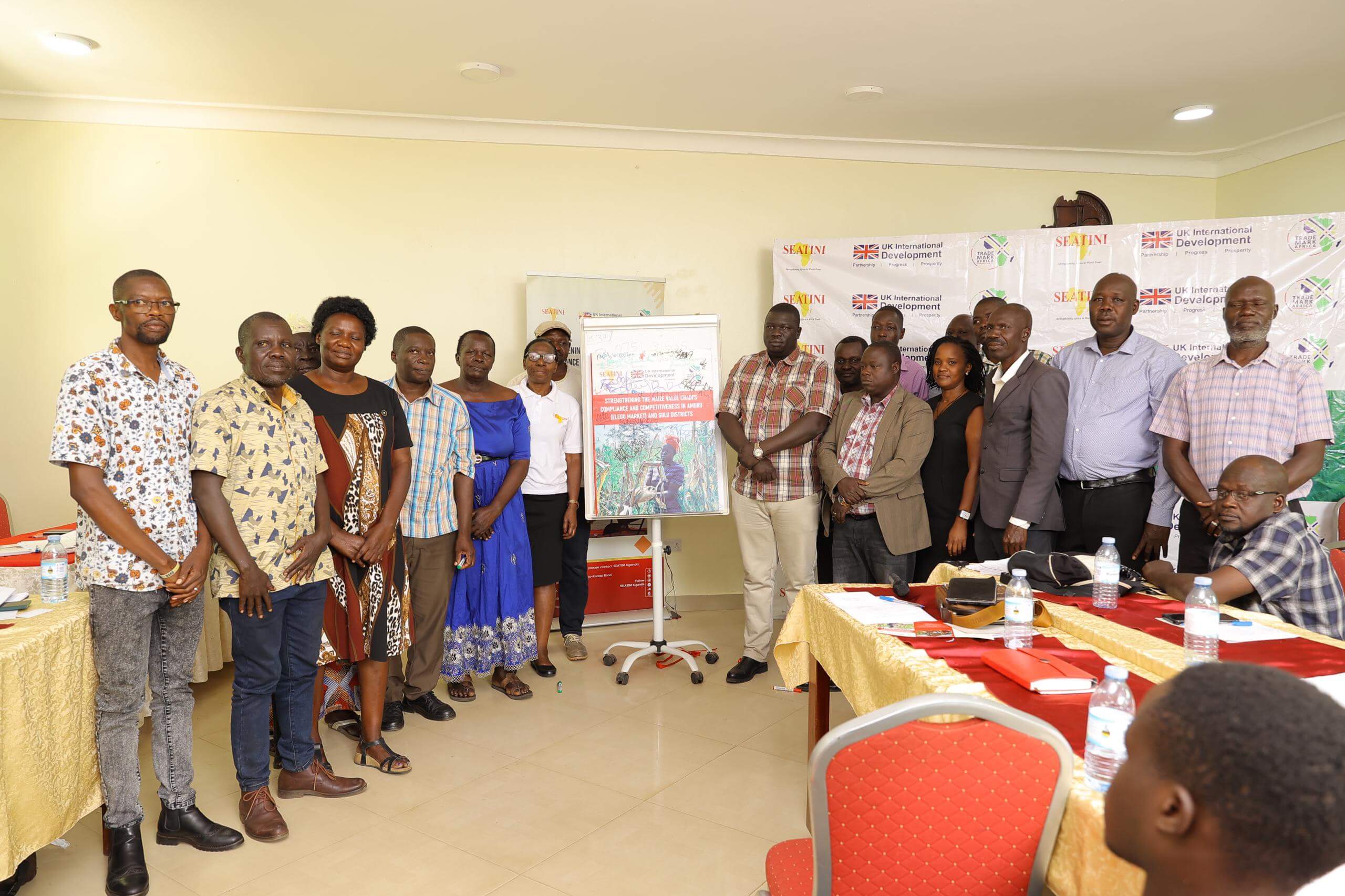
Our Projects are
Transforming African Trade
Quick Contacts
2nd Floor, Fidelity Insurance Centre Waiyaki Way, Westlands
The EAC Region is endowed with vast natural resources which, however, remain untapped due to a combination of factors. These include non-conducive policies and business environments both at national and regional levels, gaps in requisite skills and technological know-how, and limited and fragmented national markets which limit the realization of economies of scale in production and information gaps. This calls for strategic collaboration among Partner States in order to collectively address the policy, regulatory, market and information challenges which reduce incentives for private investments in the industrial sector and have contributed to the undeveloped value chains.
To exploit the resource endowment in the region and enhance the region’s industrialization levels, through value addition initiatives, a regional policy framework has been formulated. The EAC Industrialization Strategy has earmarked six strategic resource-based industries, in which the region has a comparative advantage, and which will be developed to facilitate productive integration (PI) through industrial deepening, diversifying, specialization and upgrading. Among the six strategic sectors are also Cotton, Textiles and Apparels; and Leather and Footwear. The sectors were selected based on the priorities identified in Partner States industrial development plans, consultations with the business community, and the potentials as evaluated using technical feasibility (resources available, technological capacity) and relative attractiveness (measured by market size, growth, and pro-poor characteristics) indicators.
TMA Industrialization project is designed to support the EAC Secretariat in conducting studies and develop strategies on Cotton, Textiles and Apparels; and Leather and Footwear. The strategies shall facilitate the development of regionally competitive leather and footwear; cotton, textile and apparels value chain by harnessing the comparative advantage in resource endowment and growing regional market and the dynamics in the global trade. The strategies aim to increase investment along the leather and textile value chains and enabling the region to retain more than 50% of the potential value of those industries by 2028.
TMA supported the EAC in undertaking comprehensive studies on selected value chains for the development of strategic regional industries. These include Cotton, textiles & apparels and Leather sectors, among others. These will enable the identification of investment opportunities, required policy reforms and interventions for a streamlined coherent and regionally coordinated competitive development of strategic industry value chains, through public and private sector collaboration. The study findings will also contribute towards TMA’s export development programme work, through implementing regional and national projects focused on boosting export capability and greater market access for EAC products in select sectors.
Myra Deya, Senior Programme Manager: myra.deya@trademarkea.com


The improved business environment for local production in the leather and textile industry in the EAC.






